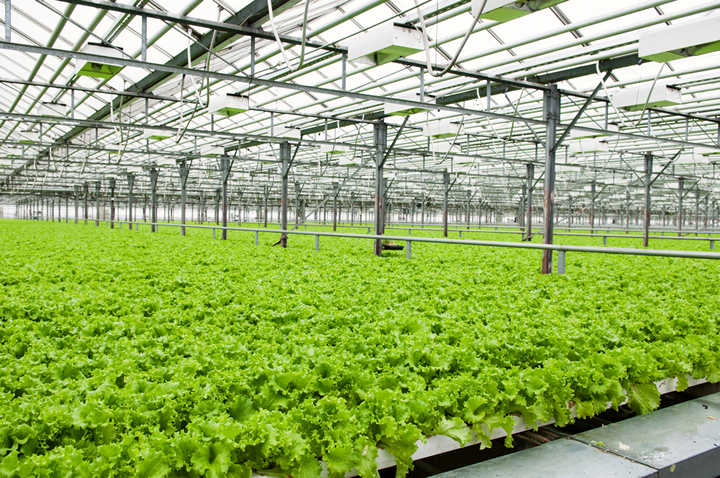Africa, the cradle of agriculture, has long struggled with low crop yields, threatening food security and economic growth. However, with the advent of nanotechnology, a new era of sustainable agriculture is emerging. Nanotechnology, the manipulation of matter at the atomic or molecular level, is revolutionizing crop production in Africa, offering unprecedented opportunities for improving crop yields, disease resistance, and water management.
The Challenges Facing African Agriculture
African agriculture faces numerous challenges, including:
- Soil degradation: Soil erosion, nutrient depletion, and salinization have reduced soil fertility, leading to decreased crop yields.
- Water scarcity: Limited water resources and inefficient irrigation systems hinder crop growth and productivity.
- Pests and diseases: Crop pests and diseases, such as the fall armyworm and maize lethal necrosis disease, cause significant yield losses.
- Climate change: Rising temperatures, changing precipitation patterns, and increased frequency of extreme weather events affect crop growth and yields.
Nanotechnology: A Game-Changer for African Agriculture
Nanotechnology offers innovative solutions to address these challenges. By applying nanotechnology to agriculture, African farmers can:
- Improve soil fertility: Nanofertilizers, made from nanoparticles, can enhance soil fertility, increasing crop yields while reducing environmental pollution.
- Enhance water management: Nanomaterials can improve water retention, reduce evaporation, and increase water use efficiency, helping farmers conserve water.
- Control pests and diseases: Nanopesticides and nanoherbicides can target specific pests and weeds, reducing the use of chemical pesticides and herbicides.
- Develop climate-resilient crops: Nanotechnology can help develop crops that are more resilient to climate change, such as drought-tolerant or salt-tolerant crops.
Applications of Nanotechnology in African Agriculture
Several nanotechnology applications are being explored in African agriculture:
- Nanofertilizers: Researchers are developing nanofertilizers that can release nutrients slowly, reducing the need for frequent applications and minimizing environmental pollution.
- Nanopesticides: Nanopesticides are being developed to target specific pests, reducing the use of chemical pesticides and minimizing harm to beneficial insects.
- Nano-enabled irrigation systems: Nanomaterials are being used to develop more efficient irrigation systems, reducing water waste and improving crop yields.
- Nanosensors: Nanosensors can detect soil moisture levels, temperature, and other environmental factors, enabling farmers to make informed decisions.
Examples of Nanotechnology in African Agriculture
Several African countries are already exploring the potential of nanotechnology in agriculture:
- South Africa: Researchers at the University of Pretoria are developing nanofertilizers to improve crop yields and reduce environmental pollution.
- Kenya: Scientists at the Kenya Agricultural and Livestock Research Organization (KALRO) are using nanotechnology to develop drought-tolerant crops.
- Nigeria: Researchers at the University of Ibadan are exploring the use of nanopesticides to control pests and diseases in crops.
Challenges and Opportunities
While nanotechnology holds great promise for African agriculture, several challenges need to be addressed:
- Regulatory frameworks: Clear regulatory frameworks are needed to ensure the safe use of nanotechnology in agriculture.
- Public awareness: Raising public awareness about the benefits and risks of nanotechnology is essential.
- Capacity building: Building capacity in nanotechnology research and development is crucial for Africa to fully benefit from this technology.
Conclusion
Nanotechnology has the potential to revolutionize African agriculture, improving crop yields, disease resistance, and water management. While challenges exist, the opportunities offered by nanotechnology are too great to ignore. As research and development continue, African countries can harness the power of nanotechnology to achieve sustainable agricultural development, ensuring food security and economic growth for generations to come.

